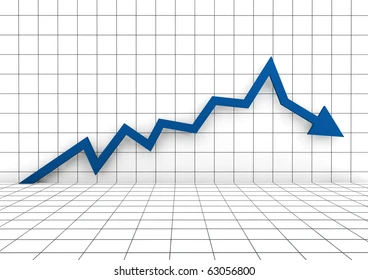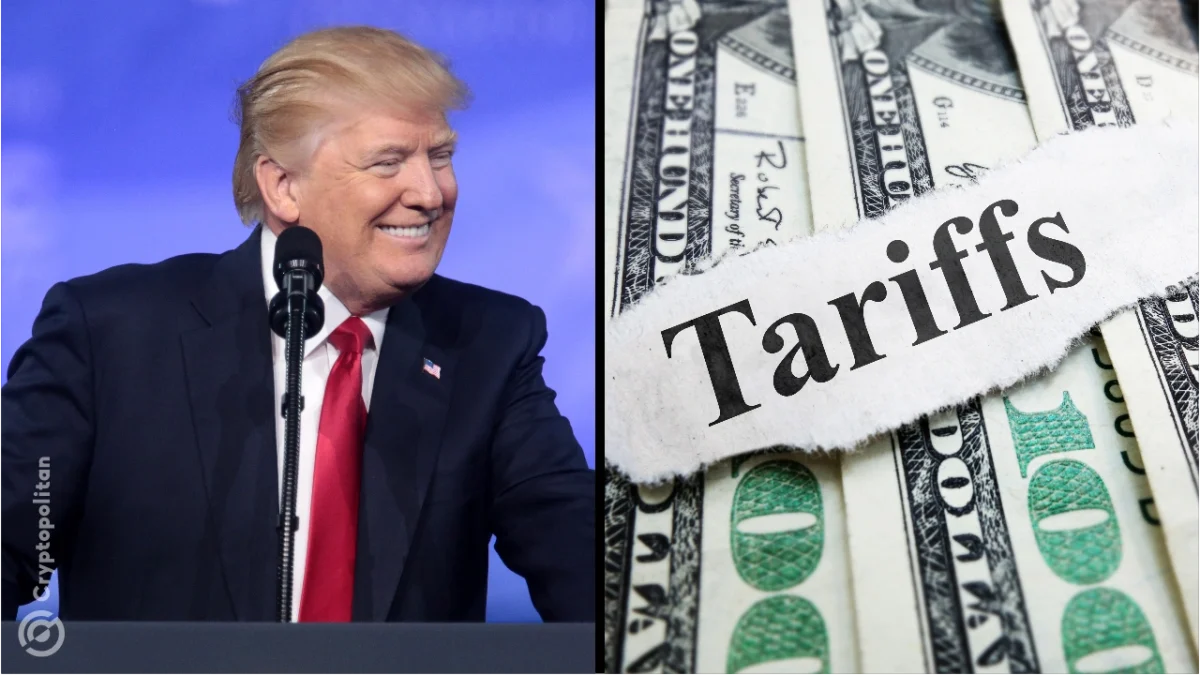
The Stock Market Crash of 2000, also known as the Dot-Com Bubble Burst, was a significant event in financial history. It marked the end of a period of exuberant growth in the technology sector and had far-reaching consequences for the global economy.
During the late 1990s, there was a rapid rise in the valuation of technology companies, fueled by the emergence of the internet and the belief in the potential of online businesses. Investors flocked to tech stocks, hoping to capitalize on the promising future of the industry. This led to a speculative frenzy, with many companies experiencing soaring stock prices despite having little or no profits.
However, by early 2000, cracks began to appear in the market. Investor sentiment shifted, and doubts emerged about the sustainability of the high valuations. Many companies were unable to meet the lofty expectations placed upon them, leading to a wave of disappointing earnings reports. This triggered a sell-off as investors rushed to exit their positions and protect their capital.
The crash was exacerbated by the bursting of the Dot-Com Bubble. Many internet companies, which had seen their stock prices skyrocket, suddenly faced financial difficulties. Venture capital funding dried up, and numerous startups failed, leading to widespread job losses and economic uncertainty.
The effects of the crash were not limited to the technology sector. Stock markets around the world experienced significant declines, and the global economy entered a period of slowdown. Many investors suffered heavy losses, and the crash served as a reminder of the risks associated with speculative investing and market euphoria.
In response to the crash, regulators implemented stricter oversight and transparency measures to prevent a similar event in the future. The stock market crash of 2000 stands as a cautionary tale, highlighting the dangers of speculative bubbles and the importance of prudent investment practices.
Overall, the stock market crash of 2000 was a pivotal event that reshaped the investment landscape and left a lasting impact on the technology industry and the global economy.
Related Articles:
https://corporatefinanceinstitute.com/resources/career-map/sell-side/capital-markets/dotcom-bubble/
https://www.fool.com/investing/stock-market/basics/crashes/
TAKE ACTION:





